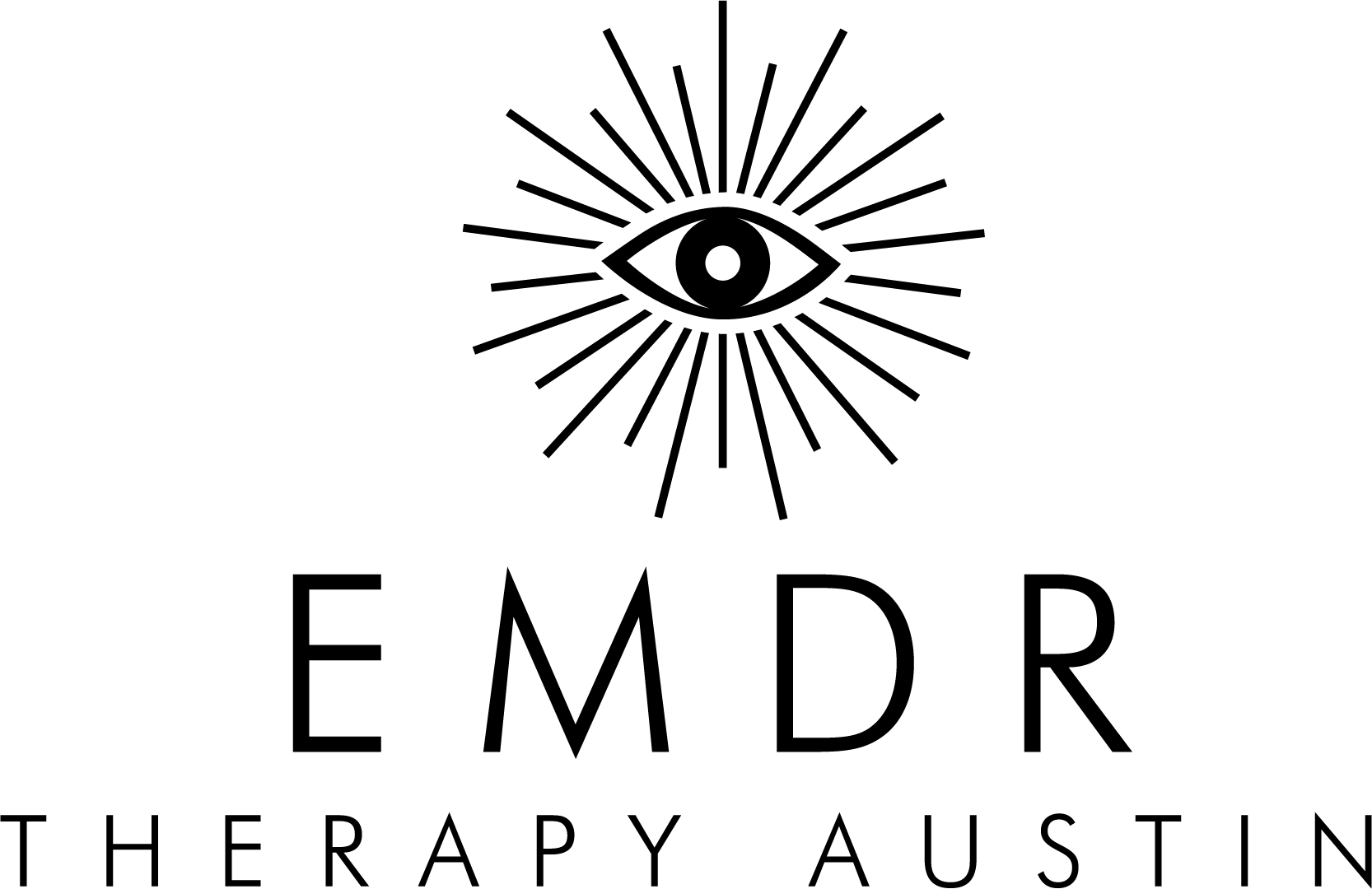Kaitlyn Marčak, LPC Associate (she/her)
Supervised by Brittany Fellwock, LPC-S
Accepting New Clients
Offering In-person & Virtual Sessions
“The wound is the place where the light enters you.”
There was a time when I believed that if I just told the truth about how I was feeling, someone would meet me there.
As a child, I tried. I was open about my emotions in ways that many kids aren’t encouraged to be. But what I learned, slowly and painfully, was that not all environments are equipped to meet emotional honesty with care. Over time, I internalized that my feelings were too much—or worse, that they didn’t matter. To cope, I adapted. I learned to scan for danger in the room before I spoke. I second-guessed my instincts. I learned to manage my own pain privately, which sometimes looked like shutting down, over-apologizing, or taking on more responsibility than I should have.
The desire to be understood never left me, but it got quieter—until I eventually returned to it with a new kind of determination. That process of returning—of learning how to safely express myself again, how to set boundaries, how to stay connected to myself even when others can’t meet me—has been ongoing. I’ve since learned that while not everyone is capable of responding to us in the way that we need when we’re vulnerable, there is real power in emotional honesty when it becomes a step toward healing, rather than a plea to be understood. And this is what I hope to carry into the room with you as a therapist.
Before entering the field, I wrote and spoke publicly about trauma, mental health, and systems of oppression—particularly those that show up in carceral environments. My early work with incarcerated teenagers and adults revealed how often we punish the outward signs of trauma without ever asking what happened underneath. I witnessed firsthand how deeply people long to be seen, even when their pain has gone unacknowledged for years. Many had been criminalized for behaviors that were once brilliant survival strategies. Many had never had a space where their emotions could exist without being turned against them. That work permanently shaped how I view healing—not as a linear path toward “fixing,” but as a nonlinear return to dignity, agency, and self-connection.
Today, I work with people who have often had to navigate the world without enough support or attunement—those who were told they were too much, not enough, or both. People who have survived abandonment, invalidation, or chaos. I work well with those struggling with emotional reactivity, complex trauma, shame, or relationship patterns that feel impossible to change. I approach this work with curiosity, nuance, and reverence.
My clinical style is trauma-informed, relational, and body-aware. I integrate approaches such as Internal Family Systems (IFS), EMDR, Polyvagal Theory, somatic techniques, and psychodynamic exploration. I see symptoms not as problems to fix, but as messengers—strategies that once protected you. Together, we can slow down, listen in, and create a more compassionate relationship with yourself. I believe deeply that healing happens in the context of safety, and that change can be both subtle and profound when we feel safe enough to turn toward what we’ve had to push away.
I don’t believe therapists have to be fully “healed” to help others, but I do believe we need to be doing our own work. I continue to explore my patterns and parts with tenderness and humility. I know how vulnerable it is to sit across from someone and name your pain. I take that seriously. And I work to co-create a space where all parts of you are welcome—including the ones you were told to hide.
When I’m not in the therapy room, you can usually find me writing, painting, wandering through a bookstore, or exploring new corners of the city or the natural world. I’m always chasing beauty and moments of stillness—and I believe they can exist even in the middle of grief or growth.
If you’re longing for clarity, connection, or just a place where you don’t have to hold it all together—I’d be honored to hold that space with you.
Rates
$150 per 50 minute session
Therapeutic approach
IFS Parts Work
Somatic & Mindfulness Approaches
IPNB & Polyvagal Theory
Depth & Insight Oriented
Availability
In-Person Sessions: South Austin- Mondays, Wednesdays, & Thursdays 9am-5pm
In-Person Sessions: North Austin- Tuesdays 11am-2pm
Virtual Sessions: Monday-Thursday 9am-5pm
Education
MA in Counseling | St. Edward’s University
BS in Criminal Justice | Texas State University

